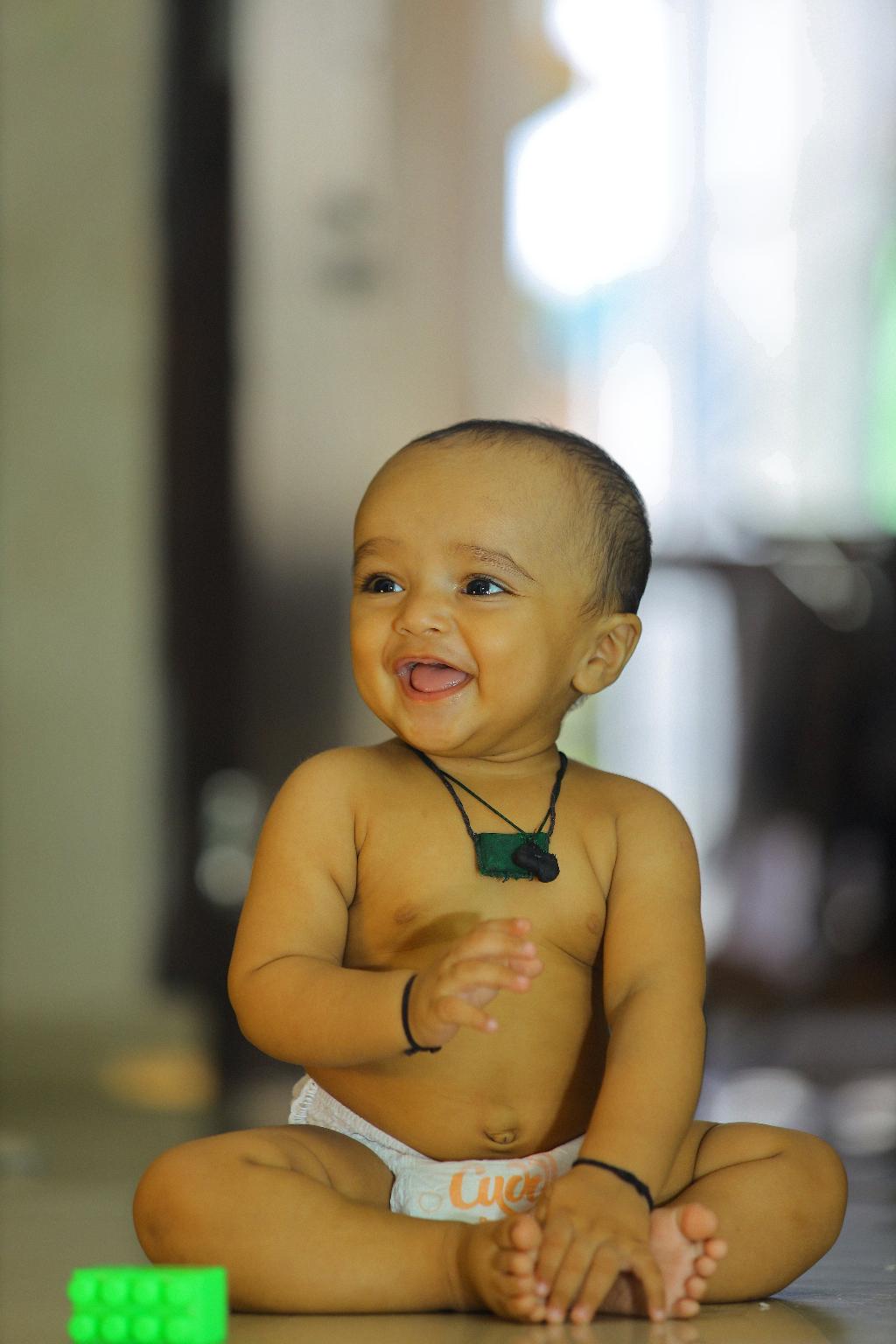There are numerous reasons why people still choose to use cloth diapers, despite the availability of disposable alternatives. One significant factor is the cost savings that come with cloth diapering. While there is an initial investment in building a stash of cloth diapers, these can be reused for multiple children, leading to long-term savings.
Eco-Friendly Choice
Another key reason for the popularity of cloth diapers is their environmental impact. Cloth diapers are reusable and significantly reduce the amount of waste generated compared to disposable diapers, which can take hundreds of years to decompose in landfills.
Comfort and Health Benefits
When it comes to the comfort and health of the baby, cloth diapers are often preferred. Cloth diapers are made from natural fibers that are gentle on the baby’s skin and reduce the risk of irritation and diaper rash that can be caused by chemicals in disposable diapers.
Customization and Variety
Cloth diapering also allows for customization and variety. There are different types of cloth diapers available, such as prefolds, fitted diapers, and all-in-one diapers, allowing parents to choose the option that best suits their baby’s needs and their lifestyle.
Reduction in Chemical Exposure
Many parents opt for cloth diapers to minimize their baby’s exposure to chemicals often found in disposable diapers, such as dyes, fragrances, and absorbent gels. Cloth diapers offer a chemical-free alternative, promoting a more natural and healthy option for babies.
Enhanced Potty Training
Cloth diaper users often report that their children tend to potty train earlier compared to those using disposable diapers. The awareness of wetness that comes with cloth diapers can help children make the connection between the sensation and the need to use the toilet.
Reduction in Landfill Waste
By choosing cloth diapers, parents contribute to reducing the amount of waste that ends up in landfills. Disposable diapers are a significant contributor to landfill waste, and cloth diapering offers a more sustainable alternative that aligns with eco-friendly values.
Financial Savings
Aside from the long-term cost savings associated with cloth diapering, there are also immediate financial benefits. Families can save a substantial amount of money by not having to purchase disposable diapers on a regular basis, making cloth diapering a budget-friendly choice.
Community and Support
The cloth diapering community provides a strong support system for parents who choose this method. From online forums to local meetups, cloth diapering offers a sense of community where parents can share tips, advice, and resources with like-minded individuals.
Embracing Tradition and Nostalgia
For some families, using cloth diapers is a way to embrace tradition and connect with past generations. Cloth diapering has been a practice for centuries, and some parents see it as a way to honor their heritage and pass down a tradition to their own children.
Increased Awareness and Education
Choosing cloth diapers requires a certain level of commitment and education about the different types, care instructions, and best practices. This increased awareness leads to a deeper understanding of the impact of consumer choices on the environment and personal health.
Conclusion
In conclusion, the decision to use cloth diapers is influenced by a combination of factors, including cost savings, environmental concerns, baby’s comfort and health, customization options, and community support. While cloth diapering requires effort and dedication, many families find it to be a rewarding choice that aligns with their values and priorities.

